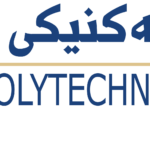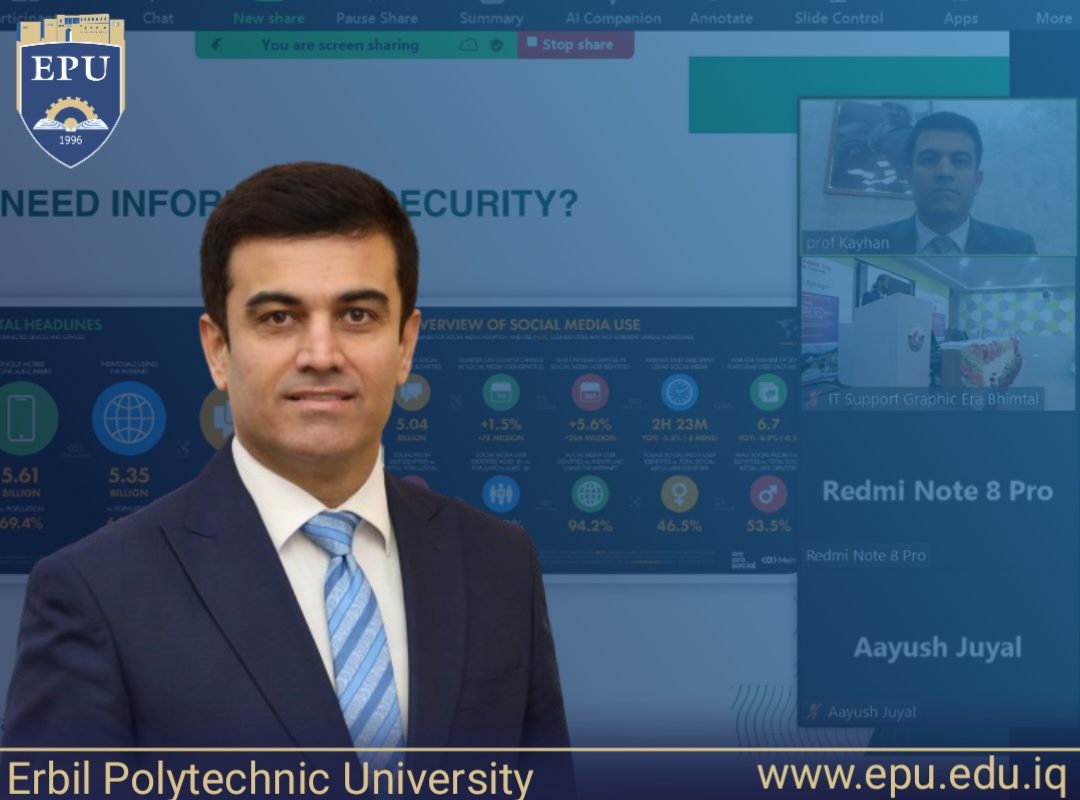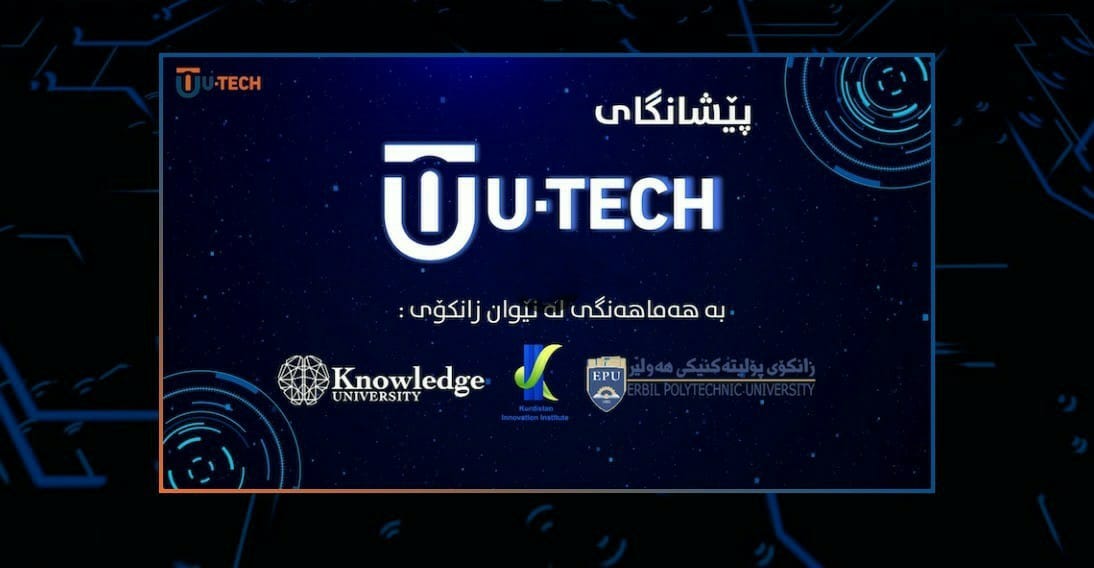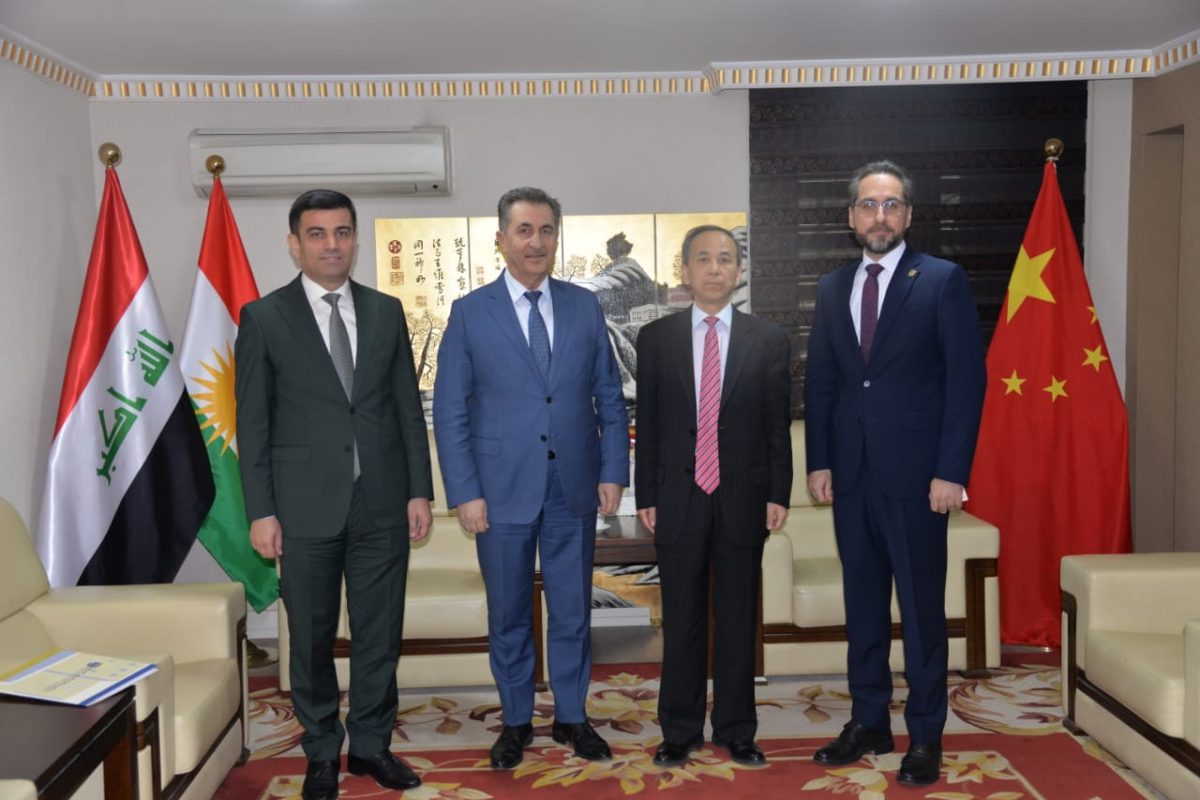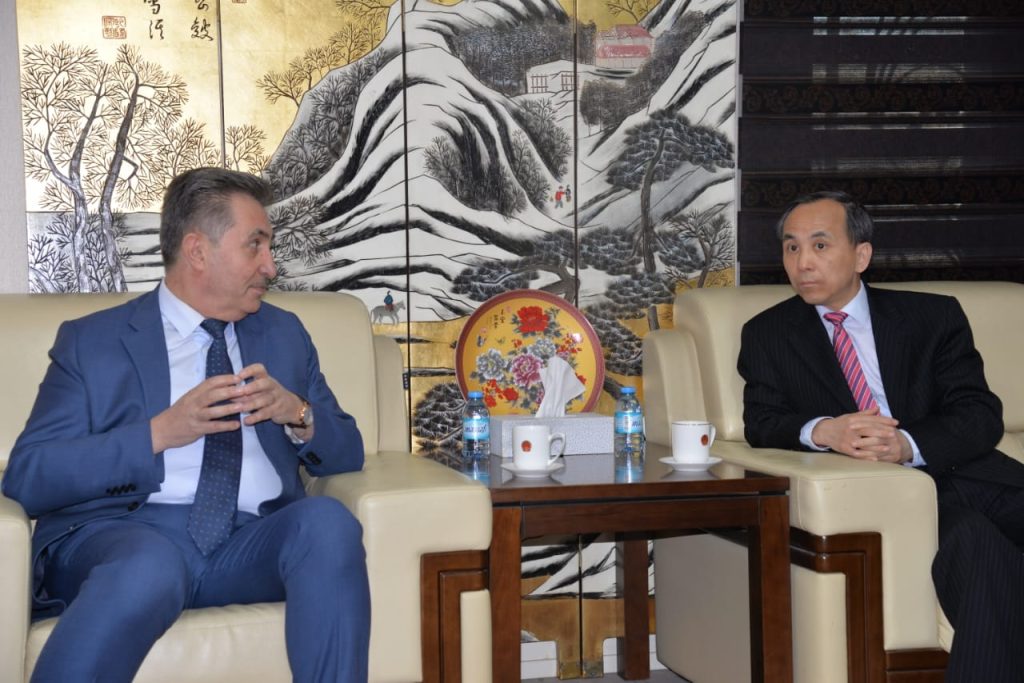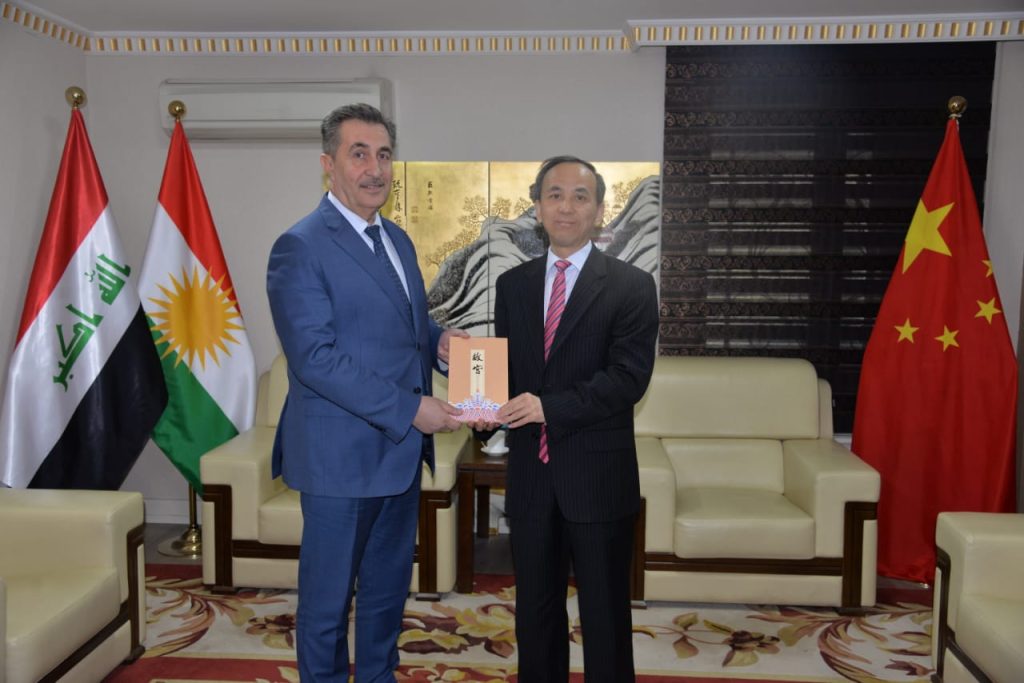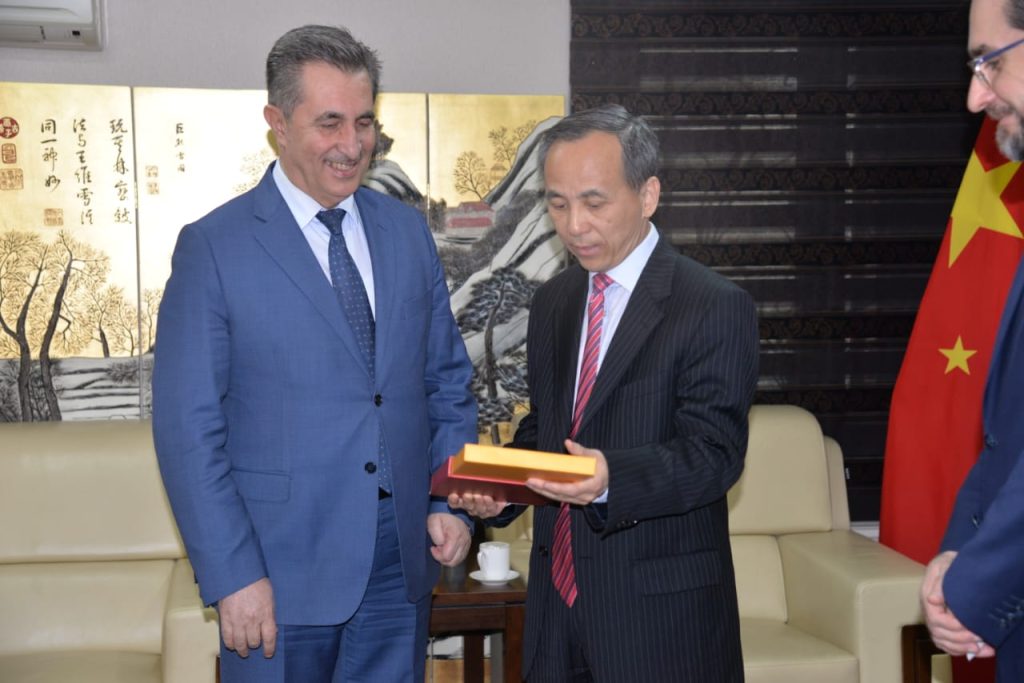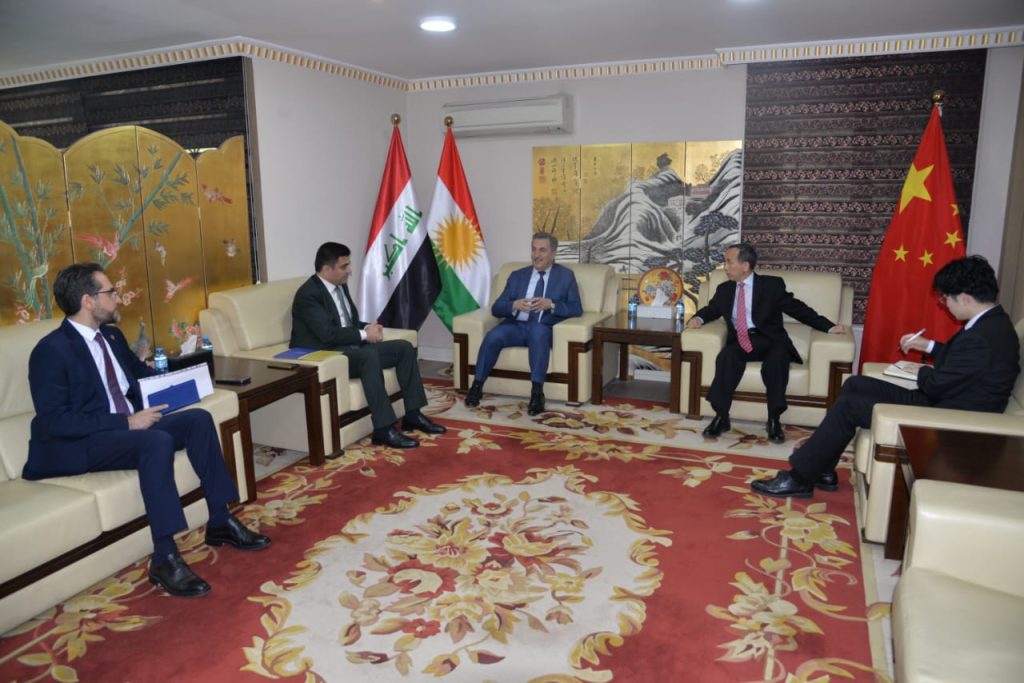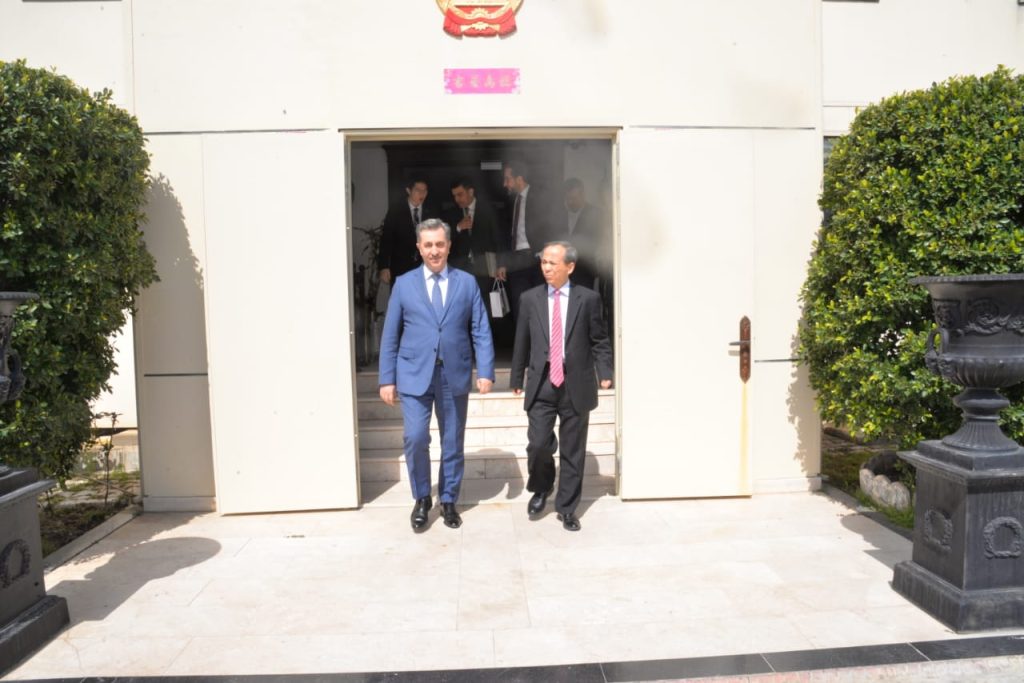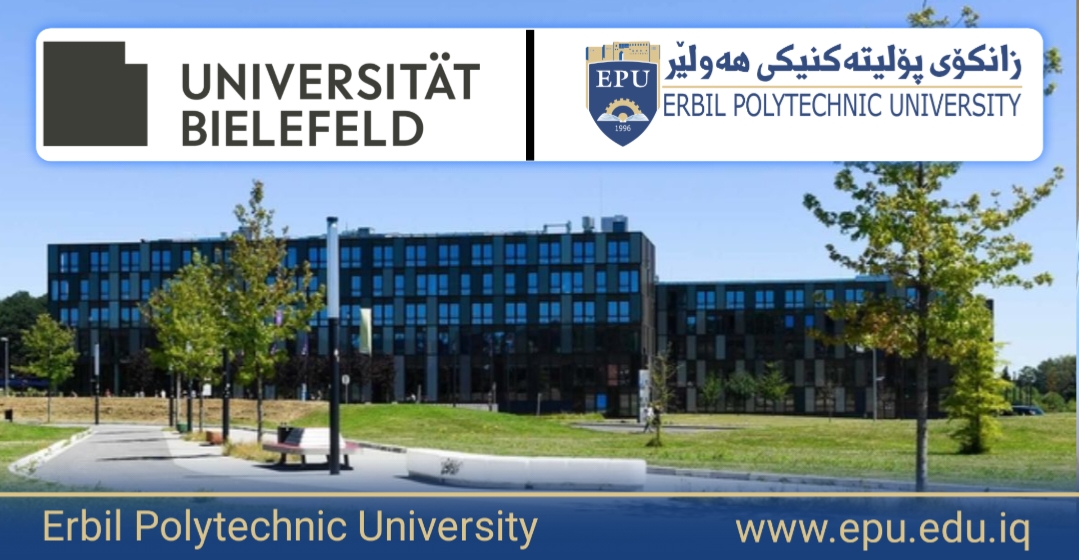In continuation of activities to serve the students, on the 4th and 5th of May, 2024, the Erbil Polytechnic University will open a technology exhibition entitled (U-TECH) for graduates and students of our university in order to showcase their projects and get job opportunities.
The exhibition will be opened under the supervision of Prof. Dr. Edrees Muhamad Tahir Harki, the Rector of the Erbil Polytechnic University entitled (U-TECH) in which showcase all the projects that have used technology in each field (engineering, science, health, economy and art) will be shown in the Exhibition.
In the exhibition, people with ideas (hidden talents, experts, graduates, students) can win unique prizes.
It is worth mentioning that the exhibition will be arranged jointly by the Erbil Polytechnic University, the Kurdistan Institute for Creativity and Innovation, and the Knowledge University.
To submit projects to U-TECH, you can register your projects through the official portal of the exhibition, in which the best ones will be awarded by unique prizes.
To register, please click here.

